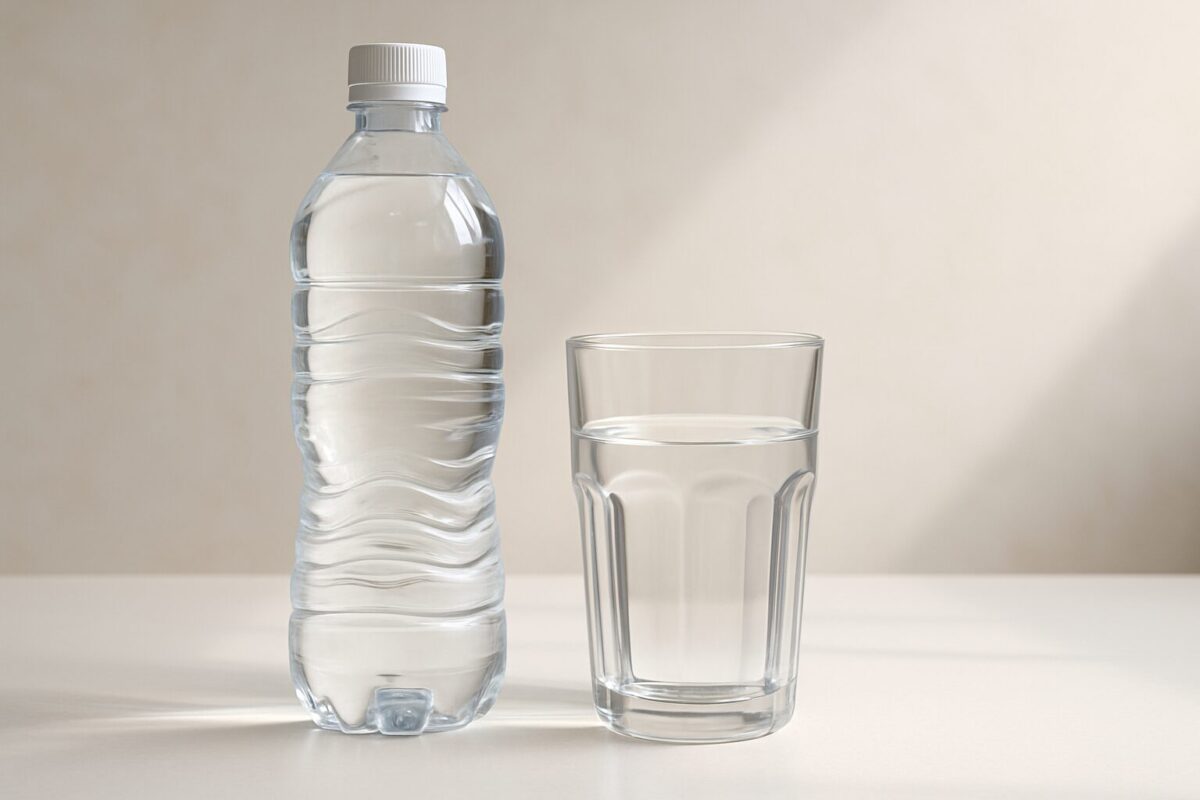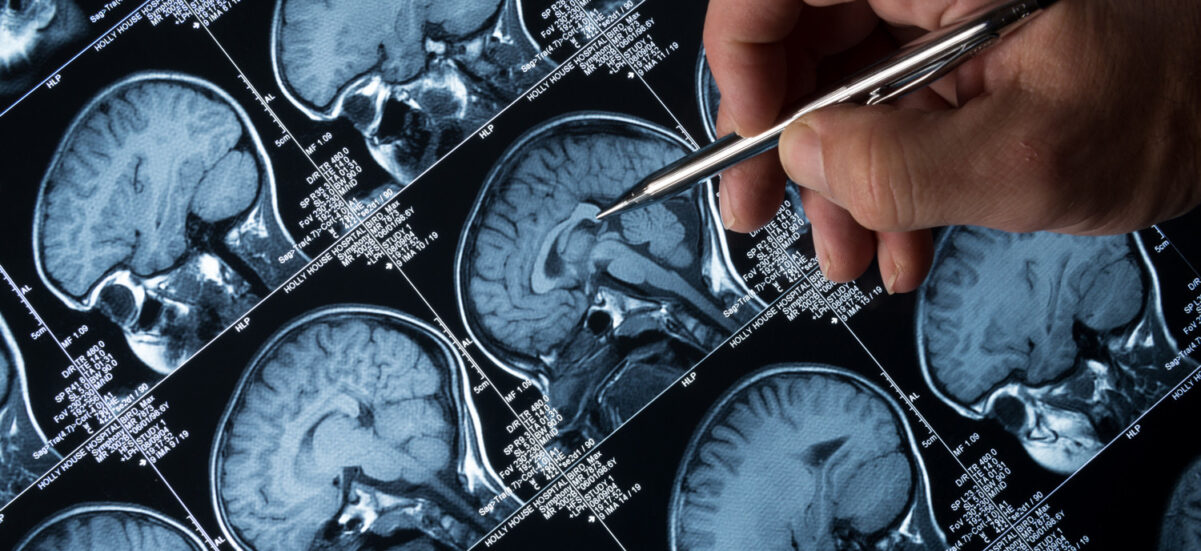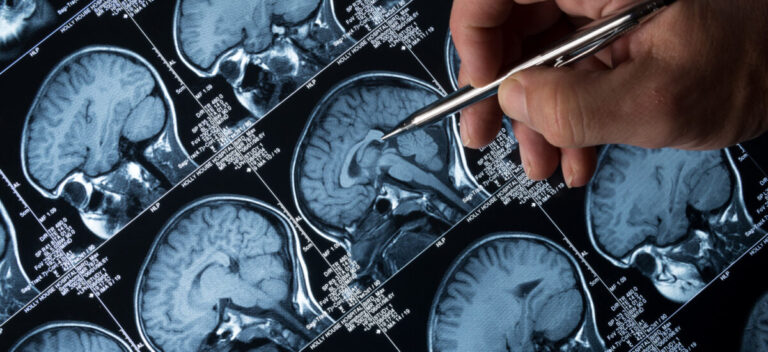
Water and the Human Body: What Science Says About Benefits, Risks, and Real Needs
We’re used to hearing the simple advice: drink more water. Yet most people treat this either formally or with suspicion is it just another healthy lifestyle myth? Let’s break down why water is truly vital, what happens to the body when there’s a shortage, how to determine your actual needs, and why excess water can be as risky as a lack of it. Only facts and up-to-date research form the basis here.
Why water is the foundation of life
The human body is 60-70% water. Every organ, tissue, and fluid from blood to saliva contains it. Water delivers nutrients, regulates body temperature, removes waste, lubricates joints, and supports the brain and heart. Without enough water, there is no energy, and even basic thinking becomes impossible.
Key functions of water:
- transports oxygen and nutrients to cells;
- maintains blood pressure and circulation;
- regulates body temperature especially in heat and during physical activity;
- “lubricates” joints and organs;
- removes toxins through kidneys and sweat;
- supports digestion by promoting gastric juice production.
What happens when water is lacking: evidence and consequences
Dehydration isn’t something distant: losing just 1-2% of body weight as water triggers unmistakable warning signals.
Research (EFSA, NIH, Harvard School of Public Health):
- even mild water loss causes headaches, fatigue, poorer attention and mood;
- cognitive function suffers: moderate dehydration lowers productivity, slows reaction times, increases the risk of mistakes at work and school;
- physical endurance drops sharply even with a 2% fluid deficit VO₂max decreases by 5-10%;
- heart rate increases, temperature regulation worsens, and fatigue sets in more quickly during exercise or heat;
- prolonged water deficiency is linked to kidney stones, urinary tract infections, joint problems, digestive disorders, and even cardiovascular disease (pmc.ncbi.nlm.nih.gov, eatingwell.com).
Symptoms your body sends:
- dry mouth, dark urine, headaches, quick fatigue, dizziness;
- in children and the elderly sudden mood changes, weakness, reduced appetite.
How much water do you actually need?
There is no one-size-fits-all magic number. Research recommends considering weight, age, activity level, climate, and health status.
Key formulas:
- 30-40 ml per kilogram of weight.
Someone weighing 70 kg needs 2.1-2.8 liters of fluid (including water, tea, soups, etc.) per day. - EFSA (European Food Safety Authority): 2.5 L for men, 2.0 L for women (all fluids).
- US National Institutes of Health: 3.7 L for men, 2.7 L for women, including water, drinks, and food.
When do you need more?
- during hot or dry weather;
- with physical activity or sports;
- during illness with fever or diarrhea;
- for children and the elderly as thirst sensitivity decreases, intake should be monitored.
How to know you’re getting enough water
- Urine color is the simplest indicator. Light yellow all is well; dark yellow or amber increase your intake.
- Absence of persistent thirst, fatigue, headaches.
- Regular bowel function and no constipation.
Can you drink too much?
Yes and it’s dangerous.
Excess water can lead to hyponatremia a drop in blood sodium, which threatens seizures, brain dysfunction, or even death (there are reported deaths after consuming 6-8 liters in a few hours).
Balance is key. Drink moderately, spread your water intake throughout the day, don’t chug large amounts at once.
What else does research show: new arguments
- According to an analysis of over 29,000 people (NHANES US): those who consumed over 1.4 L of water daily had a 25% lower risk of stroke and cardiovascular events than those who drank less (eatingwell.com).
- Randomized studies show: increasing water intake over 12 weeks improves memory, lowers blood pressure, and even eases digestion.
- Regular water reminders are a simple way to boost attention and reduce fatigue for office workers and students.
How to develop the right water habit
- Start the day with a glass of warm water.
- Sip small amounts throughout the day, don’t wait for strong thirst.
- Always keep a bottle of water handy.
- Watch your urine color.
- In heat, during sports, or illness control and increase intake as needed.
- Don’t replace water with coffee, sugary, or energy drinks they do not have the same effect.
Water is not a universal remedy for all ills, but it literally runs and sustains every system in our body. Insufficiency means quick fatigue, headaches, higher disease risk, and even a worse mood. Excess rare, but a real exception is dangerous.
Just listen to your body, monitor basic signs, and get used to keeping a water bottle close. Everything wins: your skin, brain, heart, and mood.
More is not always better, but regular hydration is a simple and real investment in health and modern science backs this up.












